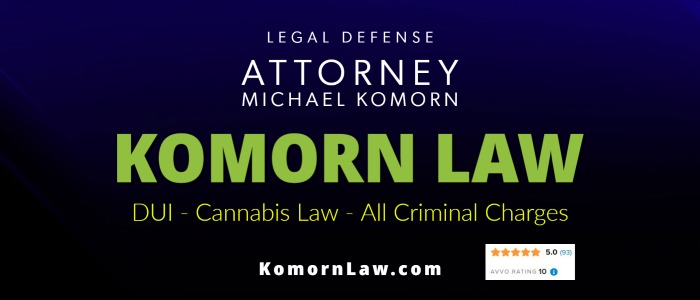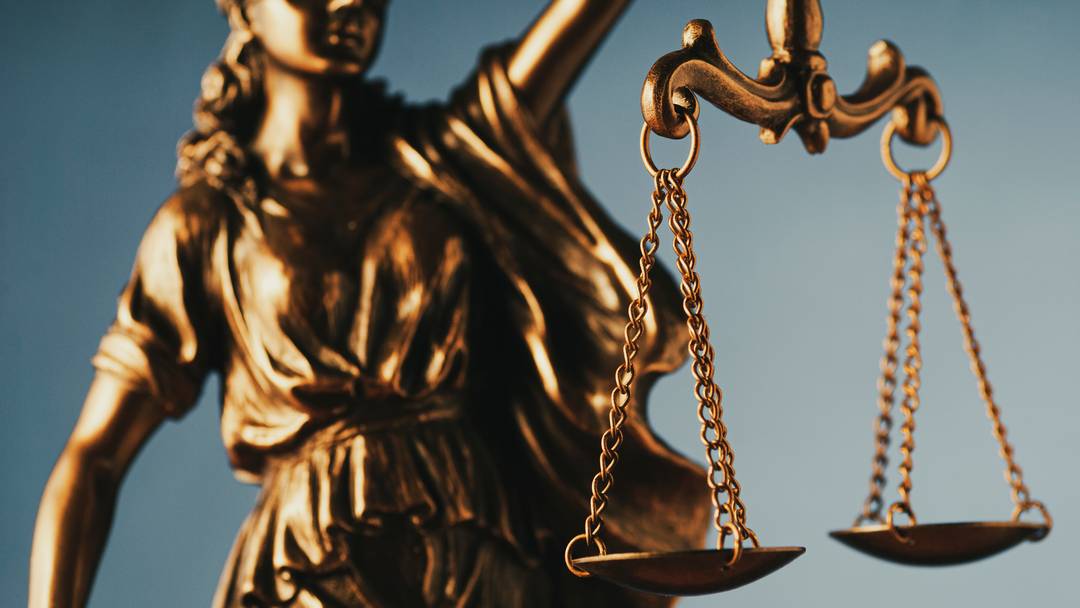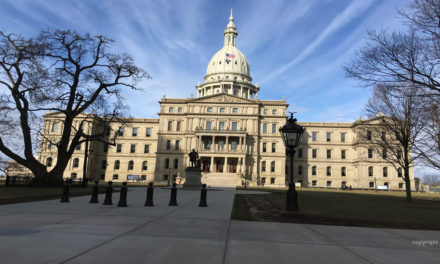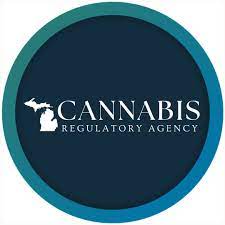Gov. Gretchen Whitmer signed legislation that will automatically clear certain criminal convictions from public view in Michigan while also making more people eligible for expungement through the application process.
The changes are expected to help Michigan citizens by removing a barrier to employment, housing and other opportunities after people have rehabilitated themselves.
What the legislation says it’s supposed to do
Under the automatic record-clearing law
- Misdemeanors will be expunged seven years after sentencing.
- Felonies will be cleared 10 years after sentencing or the person’s release from incarceration, whichever comes last
- Up to two felonies and four misdemeanors can be automatically cleared.
Out live it
That is…if you live long enough out on the street after getting released from jail or prison out in the world after you “rehabilitated yourself”.
You are still imprisoned by this record which apparently the time clock countdown to expungement does not start until you are released from the “justice system” …like parole and probation. Do the math.
Criminal Record Expungement?
Call Our Office To See If You Are Eligible
Komorn Law 248-357-2550
Nope not your historic moment
Not eligible for automatic expungement are assaultive crimes, serious misdemeanors, “crimes of dishonesty” (such as forgery and counterfeiting), offenses punishable by 10 or more years in prison and crimes that involve a minor, a vulnerable adult, injury or serious impairment, death or human trafficking.
Assaultive crimes are defined as offenses such as assault, homicide, manslaughter, assaults against pregnant women, kidnapping, rape, armed robbery, terrorism, and violations involving bombs and explosives, according to the House Fiscal Agency.
Two late (yes that’s a play on words).
The legislation gives the state two years to implement the automatic expungement process.
The remaining legislation in the seven-bill package will take effect in 180 days.
The bills expand eligibility for expungement through the application process, which is handled by a judge.
- Most traffic offenses will be eligible for expungement.
Crimes that aren’t eligible include: - felonies that carry a maximum punishment of life in prison, attempt to commit a felony for which the maximum punishment is life, felony domestic violence (if the person had a previous domestic violence misdemeanor), child abuse, most criminal sexual conduct offenses, driving while intoxicated, and traffic offenses causing injury or death.
- There will be a streamlined process to set aside misdemeanor marijuana offenses (that would not have been considered crimes after recreational marijuana was legalized in Michigan. Judges will move to set aside convictions after 60 days of receiving an expungement application unless the prosecutor contests it. The evidentiary burden rests on the prosecutor. People aggrieved by a court’s ruling on an application for marijuana expungement can request a rehearing or file an appeal.
So after you’re released and put on parole or long term probation you still have to wait years till that ends before you can apply - The waiting period to apply for expungement will range from three to seven years after a person’s monitoring by the criminal justice system ends, depending on the type of convictions.
- Up to three felony offenses and an unlimited number of misdemeanors can be expunged through the application process. These conditions apply: no more than two assaultive crimes can be expunged, and no more than one felony conviction for the same offense if the offense is punishable by more than 10 years imprisonment.
- Multiple felonies or misdemeanors arising from the same 24-hour period will be treated as one conviction for the purposes of expungement. None of the offenses can be assaultive, involve the use or possession of a dangerous weapon, or carry a maximum penalty of 10 or more years in prison.
Need a Great Attorney for a DUI or Drugged Driving Charge?
Cause if you get a DUI… You can’t get it expunged.
Call Komorn Law 248-357-2550









